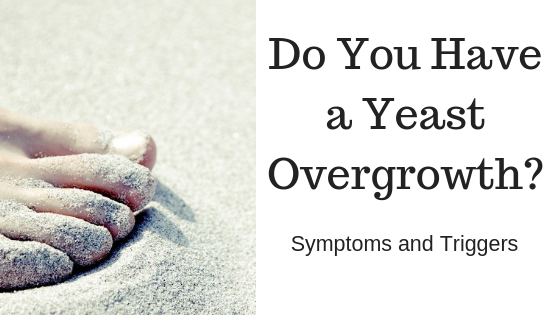In Grocery Shopping 101, we talked about The Pawn. As a reformed Pawn, I understand the pain that one feels when they’ve been buying a certain brand of peanut butter their whole life, and come to find out, it is making them sick. Or the spaghetti sauce that is fueling their Diabetes, or the milk that is endangering their life. It’s pretty disconcerting, but I’m hoping that if this describes you, it isn’t too late. In fact, I believe it’s never too late to re-model your shopping cart and make it look like something to be proud of. I like to call this second group of shoppers The Drivers. The Drivers take charge of their life and their health. They don’t look to others (ie: the government, their doctor, food manufacturing companies) to take care of them. They are well informed and not swayed by fancy advertising.
1. Drivers know that fat is good, and that the body needs it for optimal brain function, hormone production and yes…even weight loss and disease prevention. They know that good fat comes in the form of olive oil, avocados, nuts, wild salmon, coconut oil, etc. They buy organic so that their bodies are not burdened with chemical warfare. Good fats also lower inflammation in the body and even fight bad bacteria. Vegetable oils, canola oil, soybean oil and the like are examples of bad fats. Typically GMO, and non organic, they increase inflammation which leads not only to heart disease, but many other diseases as well.
2. Drivers know that animal protein is good, as long as it’s clean. This means that their meat and dairy products come from organic, grass fed, free range animals. The animals have not been given growth hormones or antibiotics, and they have not been fed corn, soy, and other typically chemically tainted feed that they weren’t designed to digest in the first place. God gave us animals to eat. He would have not given us food that would hurt us. In my opinion, it was man’s manipulation of this food source that has caused harm, and has given meat and dairy a bad name. Every study that I have read, that has reached the conclusion that meat and dairy are harmful, was done on commercially raised animals…not the clean animals mentioned here.
3. They have plenty of fiber in their carts from vegetables, nuts, fruit, beans and oats. Not from cereals or breads. Fiber helps prevent memory loss, controls disease and is instrumental in weight loss. Fiber lowers cholesterol and blood sugar levels. Processed and refined grains have a negative effect on blood sugar and contribute to weight gain.
4. There are many spices and herbs in their carts. These often overlooked and undervalued ingredients are among the most important anti-inflammatory substances that we can eat. Oregano, basil, thyme, curry, chiles, garlic, ginger, cinnamon…all are powerful in promoting health and avoiding disease.
5. The very few products the Driver has chosen that require an ingredient label have been read with a fine tooth comb (or magnifying glass in many cases). Not to be hoodwinked by the front of the label, they know that a product that says it contains heart healthy olive oil often has canola oil as its first ingredient. That “low fat” is a sign that there are harmful toxins added to create a “creamy” mouth feel, and that sugar free means that they shouldn’t even bother taking it off the shelf and waste their precious time looking at the back. Life killing preservatives? Excitotoxins…ie: “Natural Flavors”? Artificial food dyes and flavors? Nope. This shopping cart sustains life as opposed to killing it.
Follow these guidelines, and others set forth in depth on this blog, and be in the driver’s seat! Another great resource is by Andrew over at Eating Rules. We are simpatico! I love his “Kitchen Test”. If you can’t make it in your own kitchen, you probably shouldn’t be eating it!
This post, in addition to Grocery Shopping 101, was inspired by the teaching of Dr Mark Hyman, Director of Functional Medicine at the Cleveland Clinic, and Dr Steven Masley, a Specialist in Heart Disease and Aging, and a Fellow with The American Heart Association



